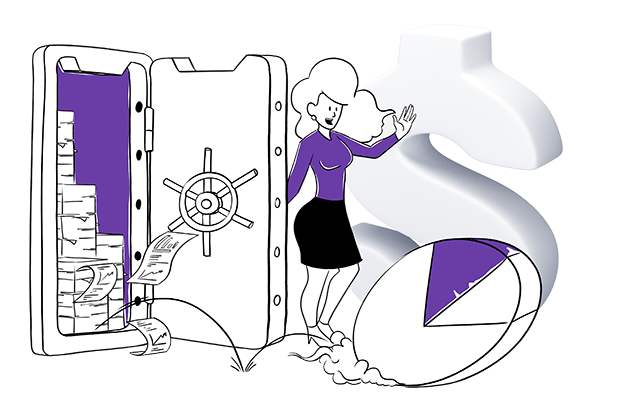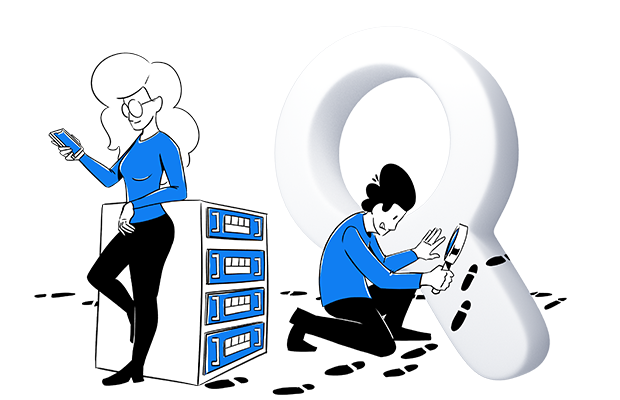Single page application (SPA) is a web application presented to the user through a single HTML page. This allows them to be more responsive and to replicate a desktop application or a native app more closely. A single-page app can use all the application’s HTML, JavaScript and CSS code on the initial load or can load resources dynamically to update in response to user interactions or other events.
Main advantages of using SPAs:
- They are fast because most of their resources are only loaded once throughout the application’s lifespan. They only transmit the data back and forth.
- They can be developed easily and streamlined. You don’t need to write the entire code to render pages on the server. It is much easier to start because you can usually kick off development from a file without using any server.
- They are easy to debug using a web browser because you can monitor network operations and investigate page elements and associated data.
- They can be easily created because the developer can reuse the same backend code for web and native mobile applications.
- They can cache any local storage effectively. An application sends only one request and stores all data. Then, it can use this data to work offline.
Find out more about single page applications on the Piwik PRO blog: 3 ways to track single-page applications (SPAs) with Tag Manager: a step-by-step guide









